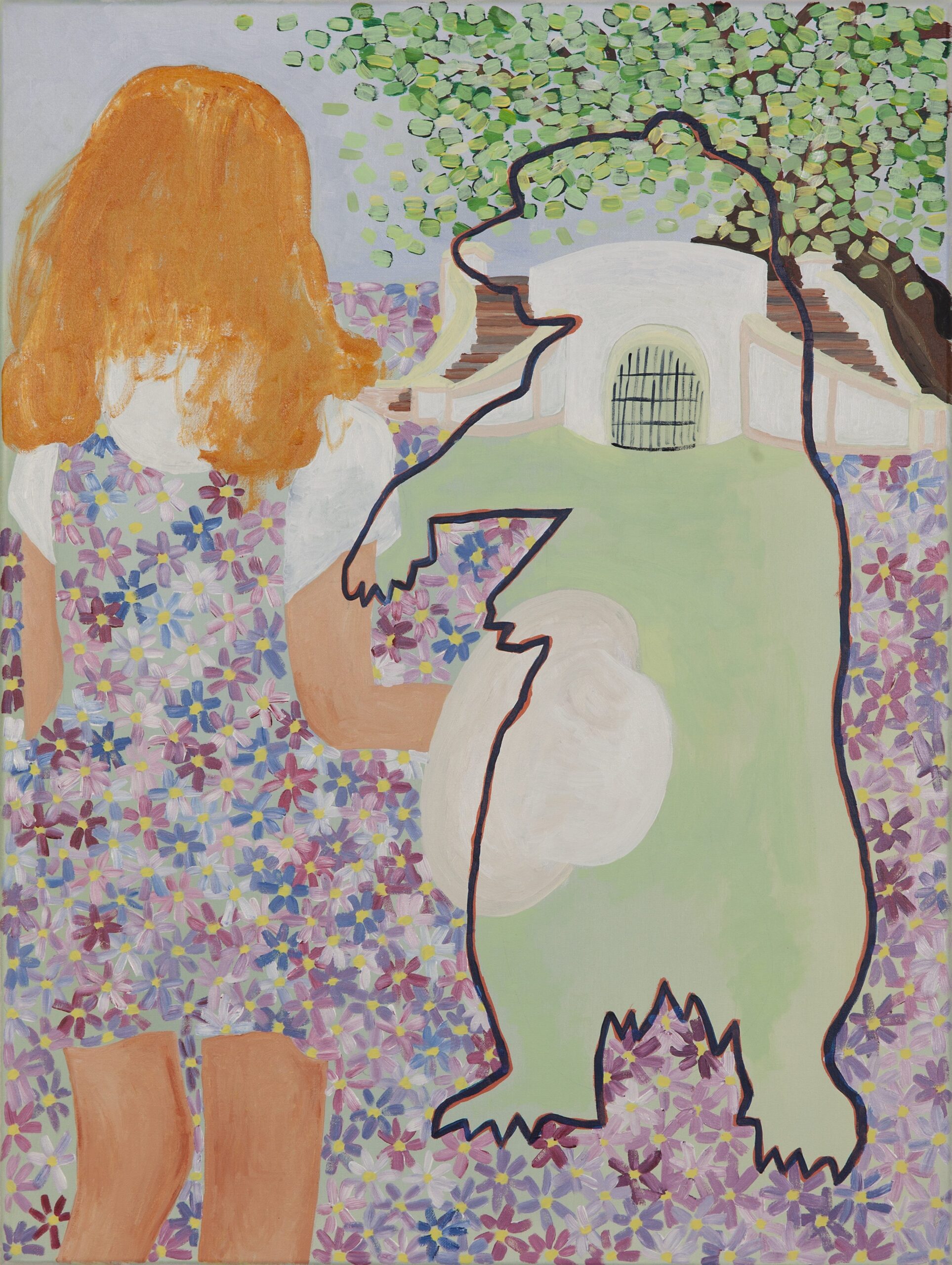Melbourne Knowing Animals Reading Group, 27 May 2019
In May, the Melbourne Knowing Animals Reading Group read Marti Kheel’s analysis of the psychological, ethical and spiritual dimensions that are culturally associated with hunting, sparking a far-reaching conversation (1996). Our discussion was given resonant depth by the visceral story-telling of Laura Jean McKay (2016).
We began by exploring connections between hunting, entertainment and sport, returning to the ‘disturbing history’ of safari excursions, and circus ‘acts’, both featuring the ‘white colonial masculine figure’, to consider these resonances in contemporary ‘trophy kills’ (Tait). Hunting is ‘spectoral’, involving a need to be seen (Creed). No wonder photographs are important, with the ‘trophy shot very much part of the ritual’ (McKay).
We noted the ‘genre painting’ of fox hunts operates a little differently, but the colonialist practice maintains visibility (Crosbie). This ‘bounty culture’ is still present (King). We considered the specific motivations behind hunting for animals deemed ‘vermin’, animals that will be eaten, and animals killed for prestige, agreeing that such activities are undertaken on a different psychological basis to traditional forms of hunting (mowson). As Kheel puts it, ‘subsistence’ hunting cannot be ‘grafted’ onto contemporary Western cultures (37).
We also noted that those who ‘participate in masculinist behaviours’ are not always people who identify as male (Crosbie). More women are hunting now than ‘ever before’ (Creed). This complicates Kheel’s suggestion that hunting can be linked to a cultural acceptance of men harming women, although aspects of this argument remain pertinent (Moore).
As Kheel’s article makes clear, the psychology of hunting is complicated. It was suggested that an element of the Romantic sublime may operate in the hunt, where the creation of terror and pain involves a search for ‘the self as other’ (Quilty). In response to this consideration, conceptual extensions of Kheel’s article were put forward, involving considerations of ‘sadism and the death drive’, for ‘hunting is sadism’, the death drive ‘is what is at stake’ and the animal is killed as ‘a way of controlling death’ (Creed).
This took us to the uncomfortable fact that the ‘piggers’, some of whom are brought to life in McKay’s work, have a ‘deep knowledge’ of ‘pig habits’, and this, at least in the moment of pursuit, can be ‘oddly beautiful’ (McKay). Our reading group’s shared perspective is in no way the only view possible, as is made clear in McKay’s discomforting short story and accompanying notes.
We finished by discussing how hard it is, visiting places where hunting is part of everyday life. For a number of us, this was our early reality. It can be a confronting struggle, as a more critical adult, responding to justifications ‘of what they’re doing and why they’re doing it’ (Kendal). Agnieszka Holland’s film Spoor (2017) is instructive (Creed).
We will break in June, then reconvene in July to read about what it is to be human prey in the inspirational company of Val Plumwood.
Work read: Kheel, Marti. 1996. “The Killing Game: An Ecofeminist Critique of Hunting.” Journal of the Philosophy of Sport 23 (1) 30-44. Reference also made to McKay, Laura Jean. 2016. “Territory.” North American Review V(I):np. and “Making ‘Territory.’” North American Review Digital Edition. (I):np.
Summary by Sue Pyke in close consultation with Barbara Creed, Sean Crosbie, Olivia Davies, Trish Kendal, Elise King, Georgia McEwan, Laura Jean McKay, Gina Moore, lynn mowson, Mona Quilty, Peta Tait and Lina Tegg.


